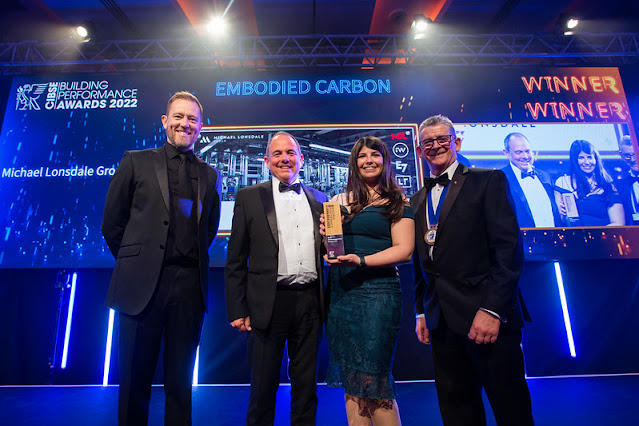CIBSE Knowledge - Behind the scenes: an interview with Roz Burgess, author of 'Energy efficiency in commercial kitchens' (TM50)
Welcome to the new blog interview series from CIBSE Knowledge: 'CIBSE Knowledge - Behind the scenes: an interview with....'
Today we are chatting to Roz Burgess, the lead co-author of the Energy efficiency in commercial kitchens (TM50) publication, released earlier this year.
Iulia Margineanu, Services Marketing Assistant: Tell us a little about yourself
Roz Burgess: Intelligent Catering Limited is an independent foodservice consultancy that’s been running for 12 years and provides practical designs, solutions and guidance for commercial catering operations. My practical experience is backed up with a Master's degree with distinction in International Management and Design Consultancy and my thesis was ‘An investigation into the energy efficiency of mid-level restaurant kitchens’. My focus is to create more effective and efficient foodservice units that can meet the increasing requirements and restrictions of buildings, operations and services.
Baking of all kinds with bread, cakes, cookies and pizza all feature heavily at my house. Crafting is also a passion with external mosaics and stained glass projects reigning at present.
IM: Could you provide us with titles of a few other publications you have worked on or have been part of the content creation?
RB: This was my first!
IM: It must have been exciting to work on your first publication! What are some of the key areas that TM50 expands on?
RB: It's 12 years since the first publication; awareness and understanding have changed but there remains a requirement to drive energy efficiency in commercial catering forward.
It’s not sufficient to just use ‘Old school thinking’ and throw in a few ‘green’ words; energy efficiency needs to be a fundamental element of any and all projects.
The involvement of professionals with true understanding and the ability to consider varying aspects and question will enable more efficiencies to be included.
This guide leads the reader from inception through to operational aspects, but also allows dipping in and out of various sections.
Enabling a sectional approach provides the ability to fully update all sections – for example, the section on creating a catering strategy and brief – which is fundamental to all projects. It also captures the changed approach regarding, for example, fuels and ventilation, both of which have become far more intrinsically linked. Waste is an area which has increased requirements and compliance.
This guide also introduces new topics including connectivity, which is increasingly desired and often misunderstood. Appropriate equipment specification, fuel selection, and particularly the team aspect are all drivers in energy usage. Benchmarking enables positioning even within a single area and provides a base point from which energy efficiencies can be achieved and optimisation gained.
Energy efficiency in foodservice is a continually evolving and exciting area in which efficiencies must be made to meet control usage, build knowledge and meet targets – individual, corporate and nationwide.
IM: Sounds like energy efficiency plays a key role! What should the readers expect to achieve by reading the publication in terms of knowledge and best practice in building services?
RB: Appreciation and realisation of the different areas in commercial foodservice which impact on energy. These individual areas link together collectively to form the entire foodservice area, which will then be operated. There are multiple decision points throughout the project, and processes that all impact upon the actual energy usage. Understanding and being aided with appropriate knowledge at the most appropriate time will help with the overall development, enabling best practices to be embedded.
IM: Lastly, if anyone reading this is thinking about becoming an author and/or contributor, what piece of advice would you give them?
RB: Make sure that you are excited and interested in your subject. Welcome diverse thoughts. Acknowledge that whilst everyone thinks they are an expert, you will find the most appropriate and enthusiastic experts, who are willing and able to share their knowledge. Relish the opportunity!
IM: Thank you for your time Roz Burgess, it was great hearing more about TM50.
Get a copy of Roz Burgess' Energy efficiency in commercial kitchens (TM50)


.png)


Comments
Post a Comment